Best way to "verify" programs [closed]
As we know, determining the semantic properties of programs is an undecidable problem (i.e. Halting, commonly attributed to Turing). But tools such as static analysis are developed nonetheless. In theoretical IT security (cryptography mostly), we have a class of tools known as "formal verification tools", where we can "prove" the soundness of "protocols" - these formal verification tools are developed from proof assistants from maths if I recall correctly. But they do no help when we implement a protocol in code, because codes can have all sorts of unexpected side channels that always can go amiss during design. If we can't have 100% confidence in the program we produce, then what're the closest "methodologies" we have for quality guarantee?
As we know, determining the semantic properties of programs is an undecidable problem (i.e. Halting, commonly attributed to Turing). But tools such as static analysis are developed nonetheless.
In theoretical IT security (cryptography mostly), we have a class of tools known as "formal verification tools", where we can "prove" the soundness of "protocols" - these formal verification tools are developed from proof assistants from maths if I recall correctly. But they do no help when we implement a protocol in code, because codes can have all sorts of unexpected side channels that always can go amiss during design.
If we can't have 100% confidence in the program we produce, then what're the closest "methodologies" we have for quality guarantee?






















































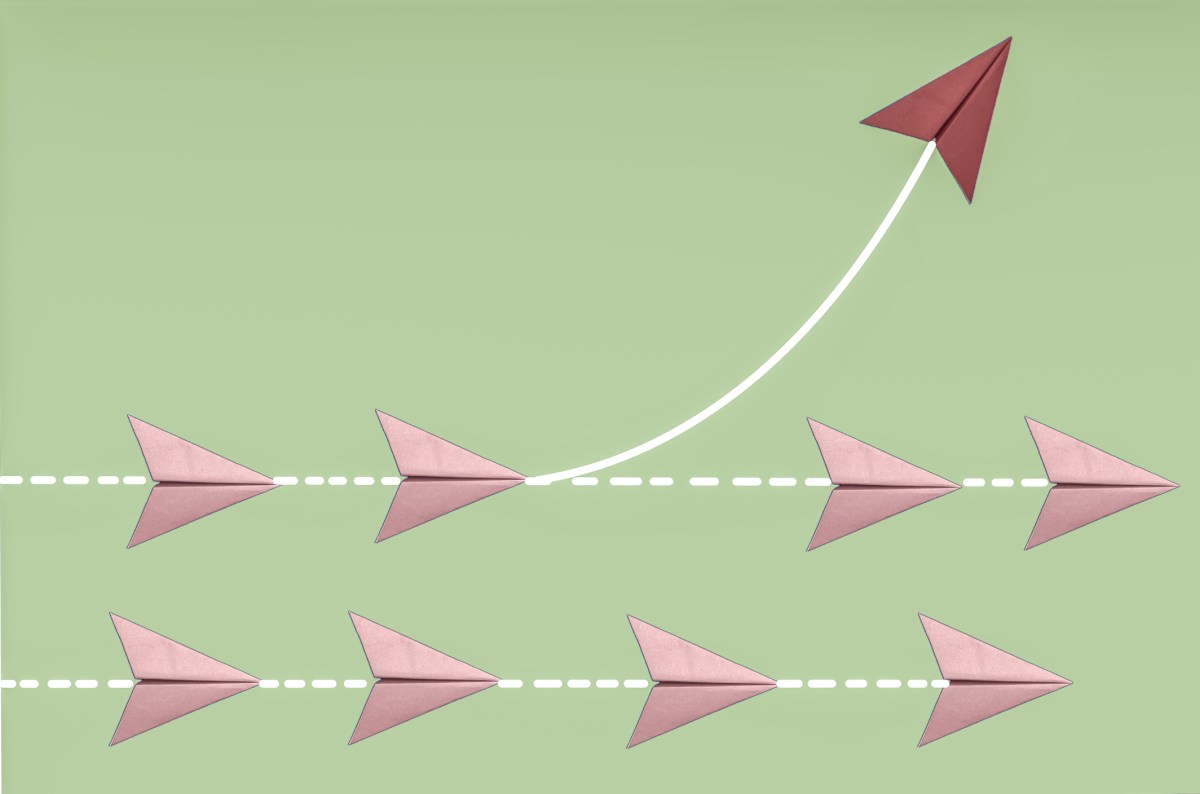




















































































































![[The AI Show Episode 146]: Rise of “AI-First” Companies, AI Job Disruption, GPT-4o Update Gets Rolled Back, How Big Consulting Firms Use AI, and Meta AI App](https://www.marketingaiinstitute.com/hubfs/ep%20146%20cover.png)
















































































































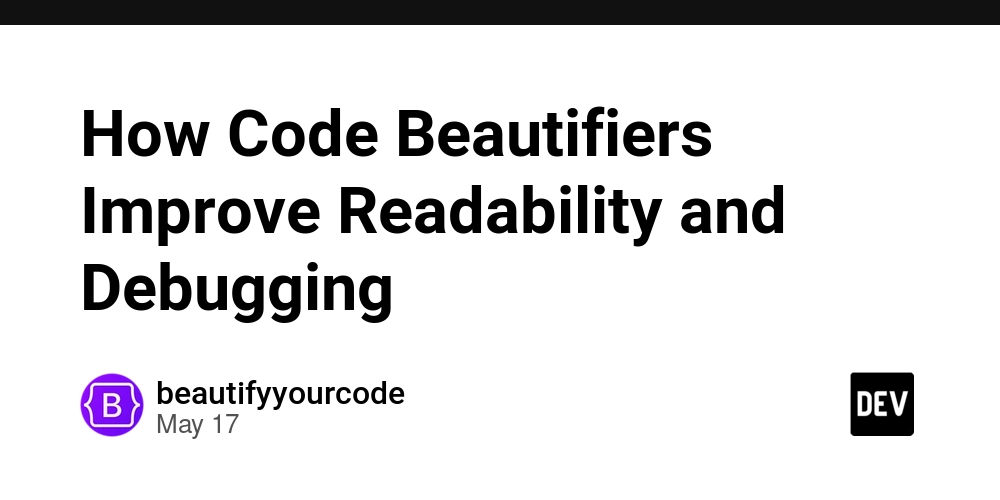











![[FREE EBOOKS] Modern Generative AI with ChatGPT and OpenAI Models, Offensive Security Using Python & Four More Best Selling Titles](https://www.javacodegeeks.com/wp-content/uploads/2012/12/jcg-logo.jpg)




![How to make Developer Friends When You Don't Live in Silicon Valley, with Iraqi Engineer Code;Life [Podcast #172]](https://cdn.hashnode.com/res/hashnode/image/upload/v1747360508340/f07040cd-3eeb-443c-b4fb-370f6a4a14da.png?#)










































































































































![[Virtual Event] Strategic Security for the Modern Enterprise](https://eu-images.contentstack.com/v3/assets/blt6d90778a997de1cd/blt55e4e7e277520090/653a745a0e92cc040a3e9d7e/Dark_Reading_Logo_VirtualEvent_4C.png?width=1280&auto=webp&quality=80&disable=upscale#)




















































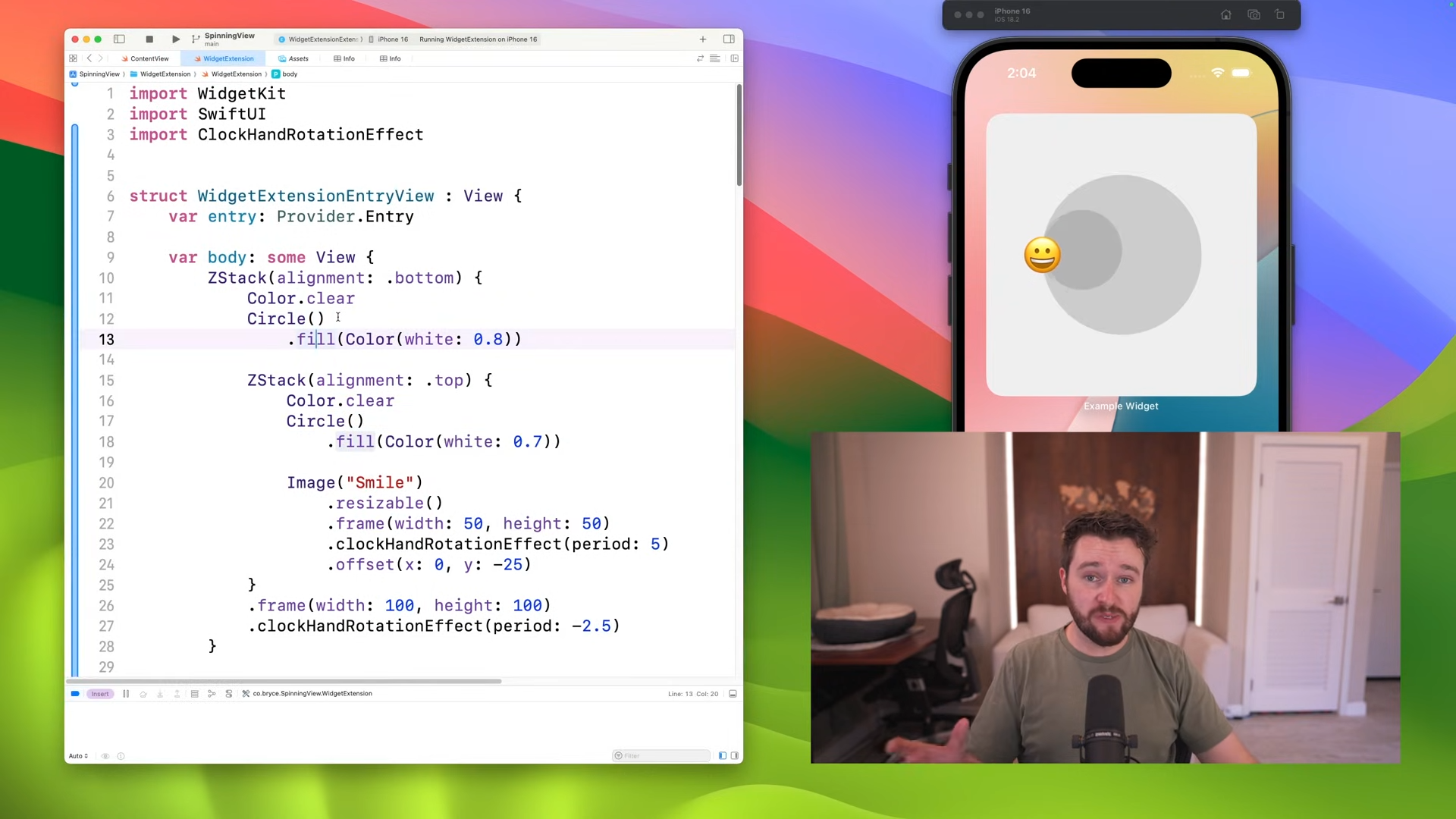
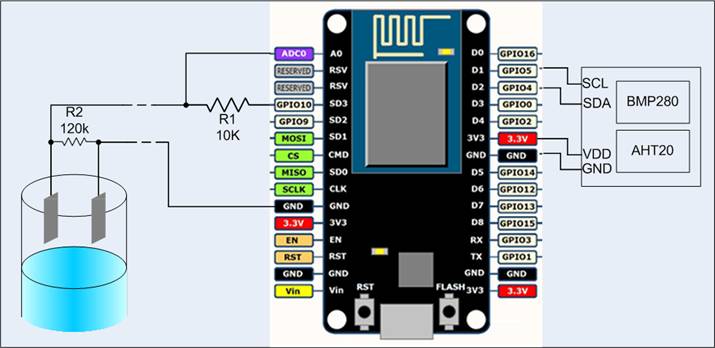

























-xl-(1)-xl-xl.jpg)
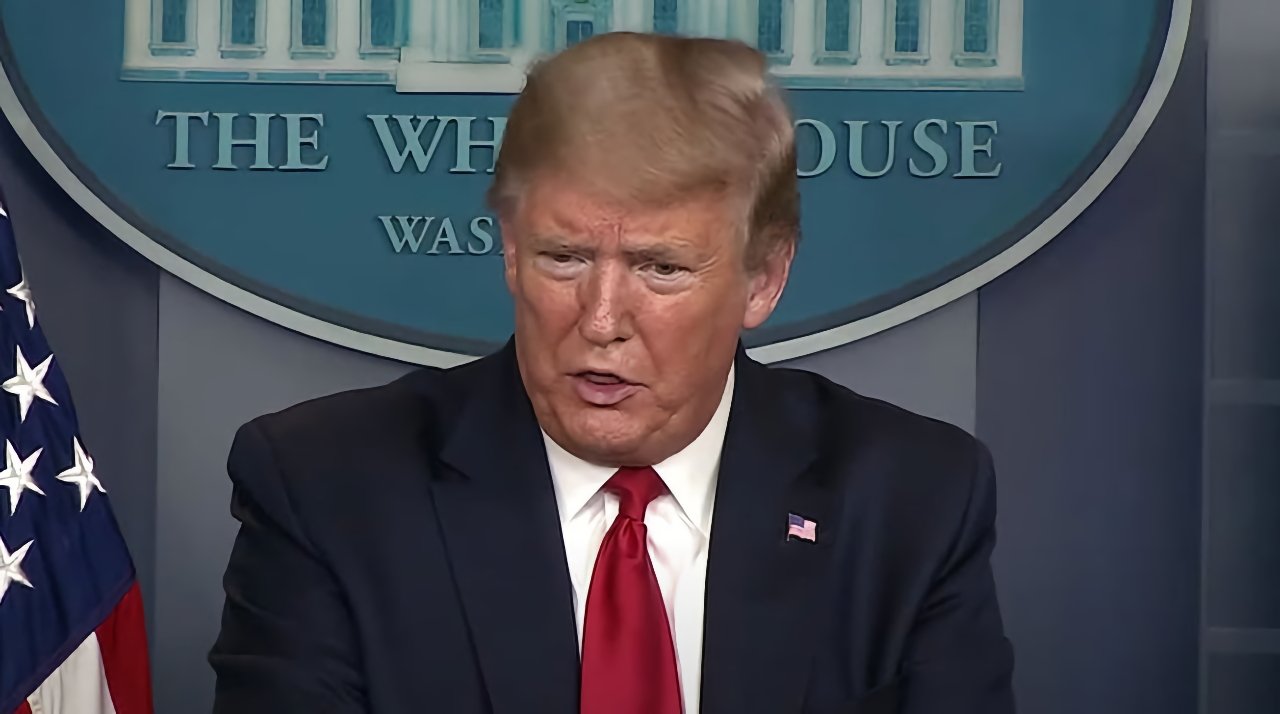



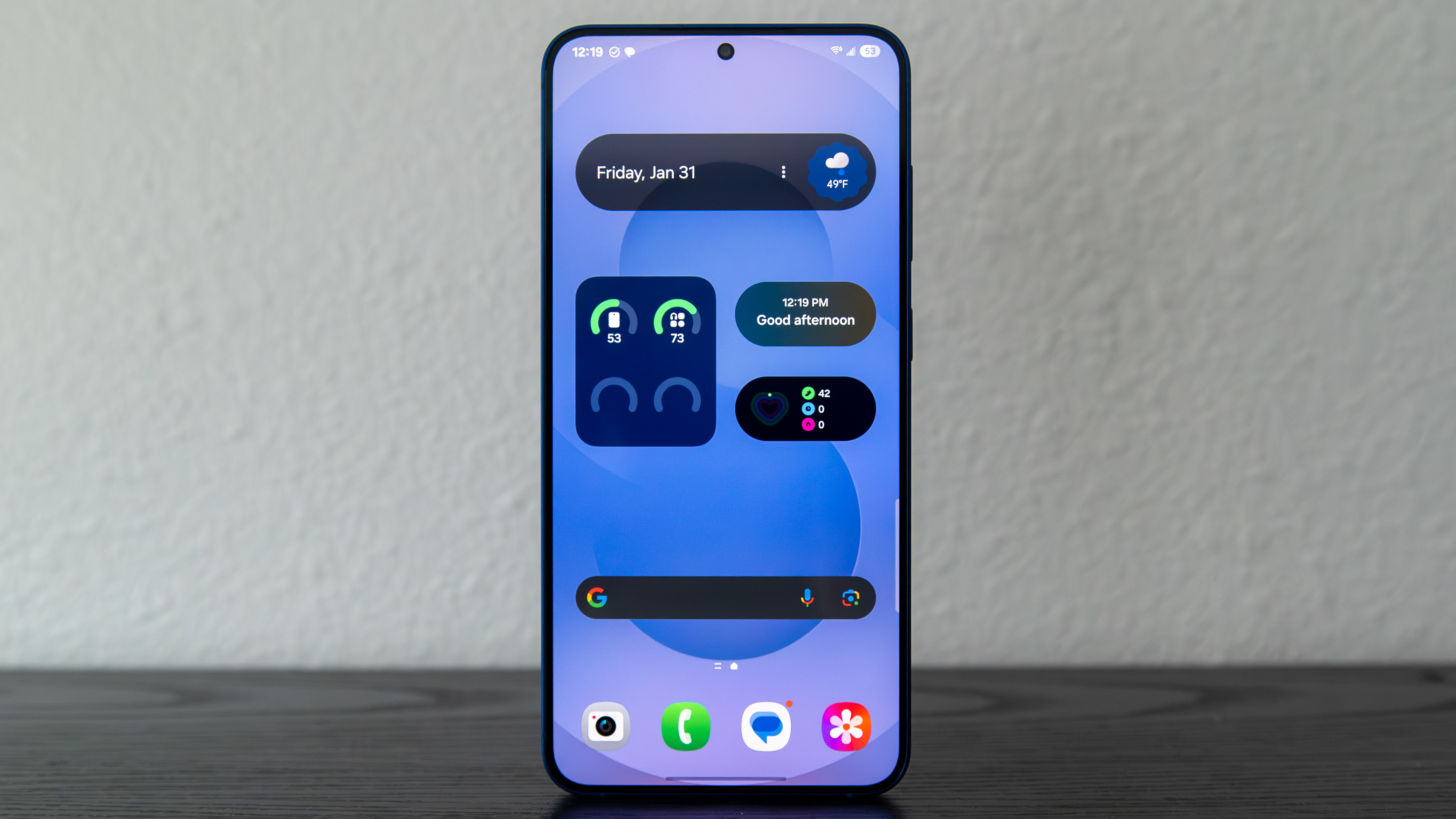




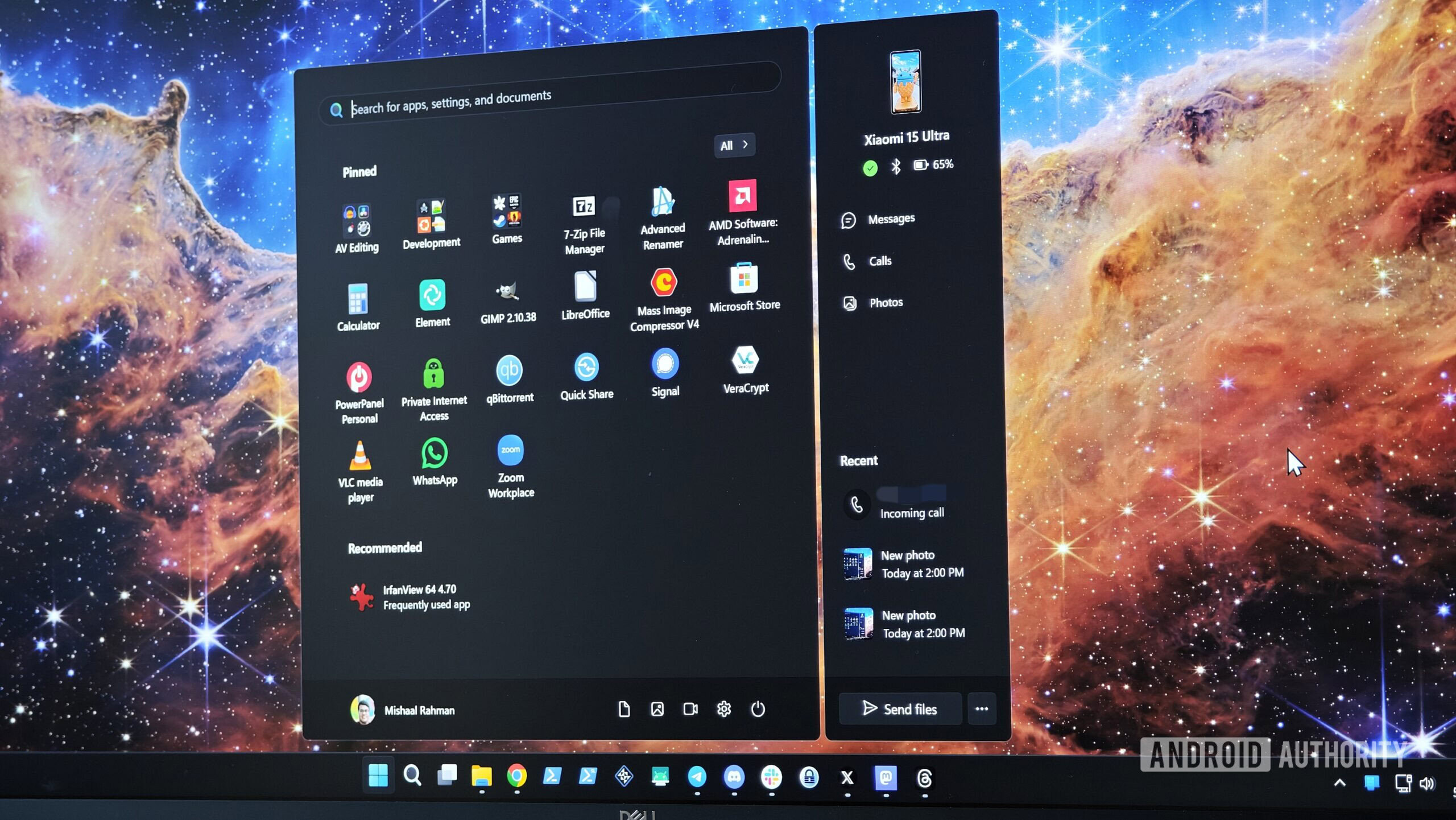




![How to upgrade the M4 Mac mini SSD and save hundreds [Video]](https://i0.wp.com/9to5mac.com/wp-content/uploads/sites/6/2025/05/M4-Mac-mini-SSD-Upgrade-Tutorial-2TB.jpg?resize=1200%2C628&quality=82&strip=all&ssl=1)













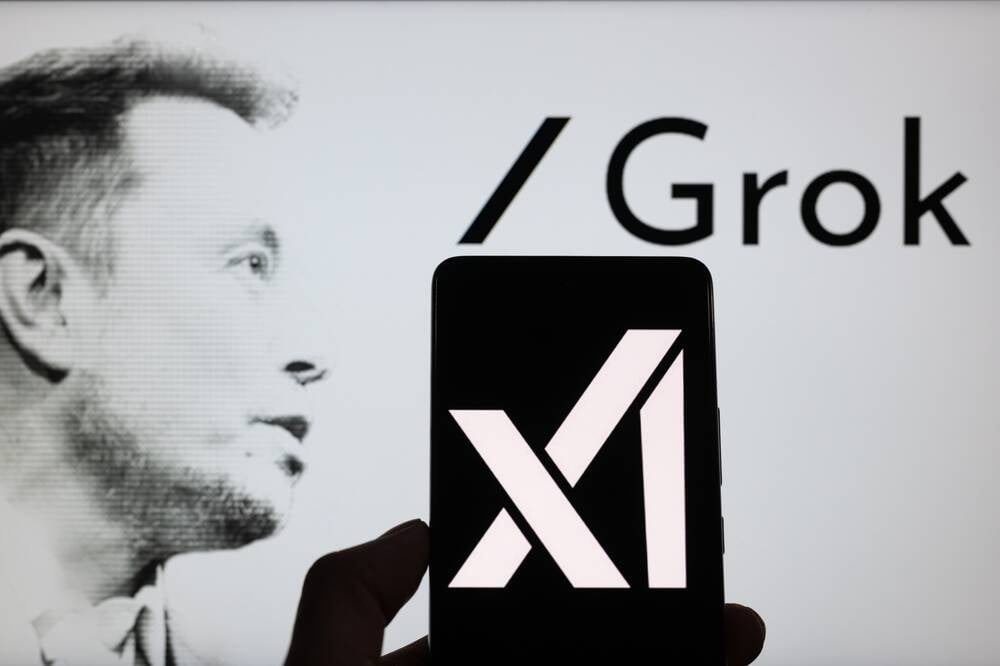
![iPhone 17 Air Could Get a Boost From TDK's New Silicon Battery Tech [Report]](https://www.iclarified.com/images/news/97344/97344/97344-640.jpg)
![Vision Pro Owners Say They Regret $3,500 Purchase [WSJ]](https://www.iclarified.com/images/news/97347/97347/97347-640.jpg)
![Apple Showcases 'Magnifier on Mac' and 'Music Haptics' Accessibility Features [Video]](https://www.iclarified.com/images/news/97343/97343/97343-640.jpg)
![Sony WH-1000XM6 Unveiled With Smarter Noise Canceling and Studio-Tuned Sound [Video]](https://www.iclarified.com/images/news/97341/97341/97341-640.jpg)

































































